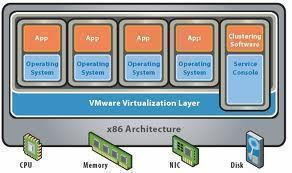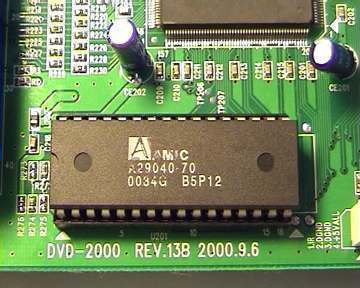A hypervisor is a virtualization technique that runs multiple operating systems on the device. While non-hypervisor virtualization techniques run multiple operating systems on domestic computers and hand-held devices, hypervisors are used exclusively on devices whose sole task is to run multiple guest operating systems for commercial or industrial purposes. Hypervisors are used in gaming technologies, commercial servers, and malware systems. They are effective at reducing system requirements by running simultaneous virtual systems on the same hardware and sharing that hardware’s resources.
How Hypervisors Work
Hypervisors mimic operating systems by running virtual operating systems as a single program instead of as individual system interfaces. This allows multiple operating systems to coexist on the same device without using additional system resources. Rather than storing different files on each operating system, all operating systems within a hypervisor access the same files that are located on the primary operating system and are used for running specific programs that are only compatible with certain operating systems.
Applications
Hypervisors can be used in commercial applications in order to allow guest users to access an online collection of operating systems for testing or communication purposes. They allow educational, industrial, and government servers to connect many different users to the server from customized user accounts. Additionally, hypervisors can be used for malware purposes in order for spyware or rootkit software to detect actions that the primary operating system takes, such as actions that anti-virus software carry out, and effectively hide from them.
Advantages
Hypervisors run on commercial and industrial servers and run extremely large numbers of operating systems at the same time without using excess hardware resources. Hypervisors are also used in virtual networks in order to share physical system resources such as memory, storage media, and computational capacity.
Disadvantages
Reliable hypervisor software can be expensive and difficult to find, although free versions are available. Also, hypervisors lack the capability of running virtual systems on domestic computers, although other virtualization techniques are widely used for this purpose.




Follow Us!